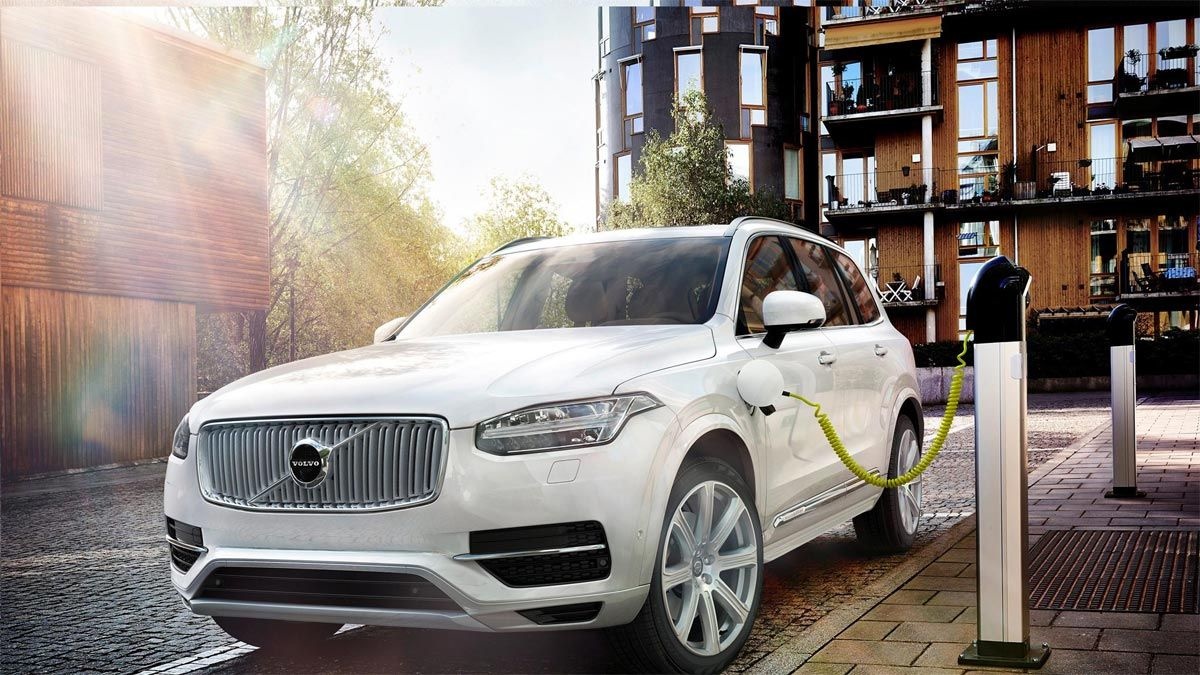
Volvo Cars is making significant investments that allow for the in-house design and development of electric motors for the next generation of Volvo models, as the company continues to move towards becoming a fully electric car maker.
The company has opened a brand new electric motor lab in Shanghai, China, the latest addition to its global network of facilities for the development and testing of electric car components. The lab comes in addition to ongoing e-motor development in Gothenburg, Sweden and state-of-the-art battery labs in China and Sweden.
Taking over the role of the internal combustion engine in car engineering, e-motors are a fundamental building block of electric cars, together with the battery and power electronics. The interplay between these three component areas is crucial in developing premium electric cars.
Bringing the development of electric motors in-house will allow Volvo Cars engineers to further optimize electric motors and the entire electric driveline in new Volvos. This approach will allow engineers to make further gains in terms of energy efficiency and overall performance.

Henrik Green, chief technology officer at Volvo Cars said “Through in-house design and development, we can fine-tune our e-motors to ever better levels. By constantly improving their overall performance levels in terms of energy efficiency and comfort, we create an electric driving experience that is unique to Volvo.”
E-motors enable hallmark features that electric cars are known for, such as instant acceleration and so-called One Pedal Driving, whereby drivers use the gas pedal both for acceleration and deceleration, depending on whether they push in or lift their foot off the pedal.
The newly opened electric motor lab in Shanghai became operational last month. It will mainly focus on electric motor development for use in fully electric and hybrid cars based on Volvo Cars’ forthcoming SPA 2 modular vehicle architecture.
The investments in e-motor design and development represent yet another step towards Volvo Cars’ climate ambitions and electrification strategy. It aims for 50 per cent of its sales to be fully electric vehicles by 2025, with the rest hybrids.

Electrification is part of the company’s comprehensive climate plan which addresses carbon emissions across all its operations and products, towards its ambition to become climate-neutral by 2040.
The plan goes beyond addressing tailpipe emissions through electrification; the company will also tackle carbon emissions in its manufacturing network and wider operations, its supply chain and through recycling and reuse of materials.
As a first tangible step towards its 2040 vision the company aims to reduce its lifecycle carbon footprint per car by 40 per cent between 2018 and 2025.



